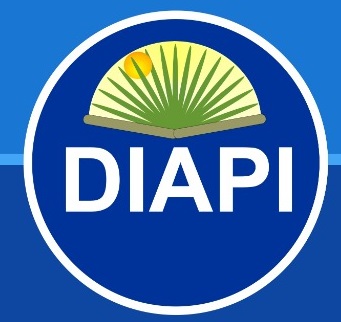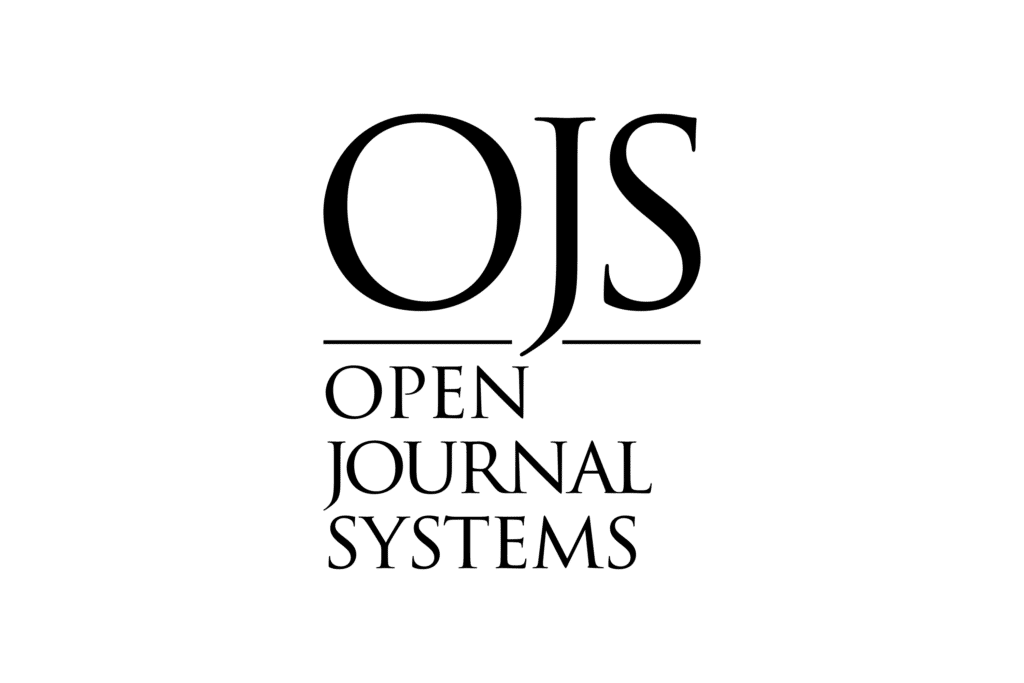BRAZIL: IDEOLOGICAL DIVISION, RELIGIOUS INTOLERANCE, AND ENVIRONMENTAL DEGRADATION IN PANDEMIC TIMES
DOI:
https://doi.org/10.52579/diapi.vol1.i.a10365Keywords:
Brazil, Ideological divisions, Fundamentalism, Environmental degradationAbstract
This article aims to create a space for reflection around the emergence in Brazil of a fundamentalist Christian right, the rise of Bolsonaro, and the performance of his government in the face of the coronavirus pandemic, as well as his responsibility for the environmental degradation that the country has been suffering for the past two years. In addition, creating an atmosphere of debate and analysis, which can contribute to understanding the setbacks in socio-environmental policies, and social inclusion, which give rise to a questioned government program, in which the jargon “Brazil above all, and God above of all”, symbolize the values of an evangelical wing, which opposes the concept of a pluralist state, conceived within the Brazilian constitution. The pandemic situation reveals the attitudes of a government that on the one hand minimizes the lethality of the virus, and on the other hand turns the health strategies created by technicians and specialists, into the object of political disputes, which we also intend to consider. Through bibliographic sources, and research carried out by different studies in Brazil, we seek to design a social, religious and political reality that can allow us to advance in the construction of a critical ideal of Bolsonaro's Brazil.
Downloads
References
Caponi, Sandra. (2020). Covid-19 no Brasil: entre o negacionismo e a razão neoliberal. Estudos Avançados, 34(99), 209-224.
Da Silva, Juacy. (2020). Os cristãos e o meio ambiente in: http://www.revistamissoes.org.br/2020/02/os-cristaos-e-o-meio-ambiente/
Falcão Oliveira, Fábio. (2020). Governo Bolsonaro e o apoio religioso como bandeira in: file:///C:/Users/hjgjhg/Downloads/52231-Texto%20do%20artigo-751375195599-1-10-20200422.pdf
Werneck, Guilherme Loureiro, & Carvalho, Marilia Sá. (2020). A pandemia de COVID-19 no Brasil: crônica de uma crise sanitária anunciada. Cadernos de Saúde Pública, 36(5), e00068820.
Freitas, Carlos Machado de, Barcellos, Christovam, Heller, Léo, & Luz, Zélia Maria Profeta da. (2019). Desastres em barragens de mineração: lições do passado para reduzir riscos atuais e futuros. Epidemiologia e Serviços de Saúde, 28(1), e20180120.
Mariano, Ricardo (1996). Os pentecostais e a teología da prosperidade. Novos estudos, 44, 24-44.
Mariano, Ricardo (2010) in: Folha de Sao Paulo. “Quanto mais religioso, mais pobre tende a ser um país. Artigo escrito por Hélio Schwartsman. https://www1.folha.uol.com.br/fsp/poder/po2709201002.htm
Pinheiro-Machado, R.; Scalco, L. M. Da esperança ao Ódio: Juventude, Política e Pobreza do Lulismo ao Bolsonarismo. CADERNOS IHU IDÉIAS (UNISINOS), v. 16, p. 3-15, 2018.
Schramm, Fermin Roland et al (2020) in: https://www.abrasco.org.br/site/noticias/o-aparente-dilema-implicado-pela-pandemia-da-covid-19-salvar-vidas-ou-a-economia-artigo/47221
Serrano, Villafañe Emilio (1973). La violencia y el odio en la política del mundo actual in: file:///C:/Users/hjgjhg/Downloads/Dialnet-LaViolenciaYElOdioYSuPapelEnLaPoliticaDelMundoActu-1709866.pdf
Vieira, Henrique. (2018) Fundamentalismo e extremismo não esgotam experiência do sagrado nas religiões. In: GALLEGO, Ester Solano (org). Ódio como política: a reinvenção da direita no Brasil. São Paulo: Boitempo, 2018. p. 94-100
Downloads
Published
How to Cite
Issue
Section
License
Direitos Autorais
A submissão de originais para a Diálogos e Perspectivas Interventivas (DIAPI) implica na transferência, pelas(os) autoras(es), dos direitos de publicação. Os direitos autorais para os manuscritos publicados nesta revista são das(os) autoras(es), com direitos da DIAPI sobre a primeira publicação. As(os) autoras(es) somente poderão utilizar os mesmos resultados em outras publicações indicando explicitamente a DIAPI como o meio da publicação original.
Licença Creative Commons
Exceto onde especificado diferentemente, aplicam-se à matéria publicada nesta revista científica os termos da licença Creative Commons Attribution-ShareAlike 4.0 International License, que permite o uso irrestrito, a distribuição e a reprodução em qualquer meio desde que a publicação original seja corretamente citada.













 Esta obra está licenciada com uma Licença
Esta obra está licenciada com uma Licença 